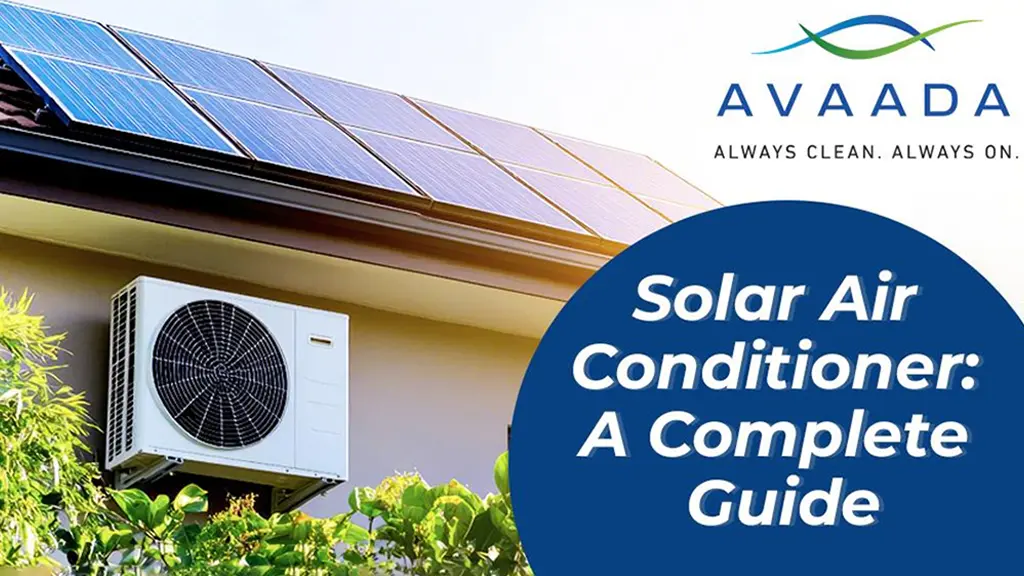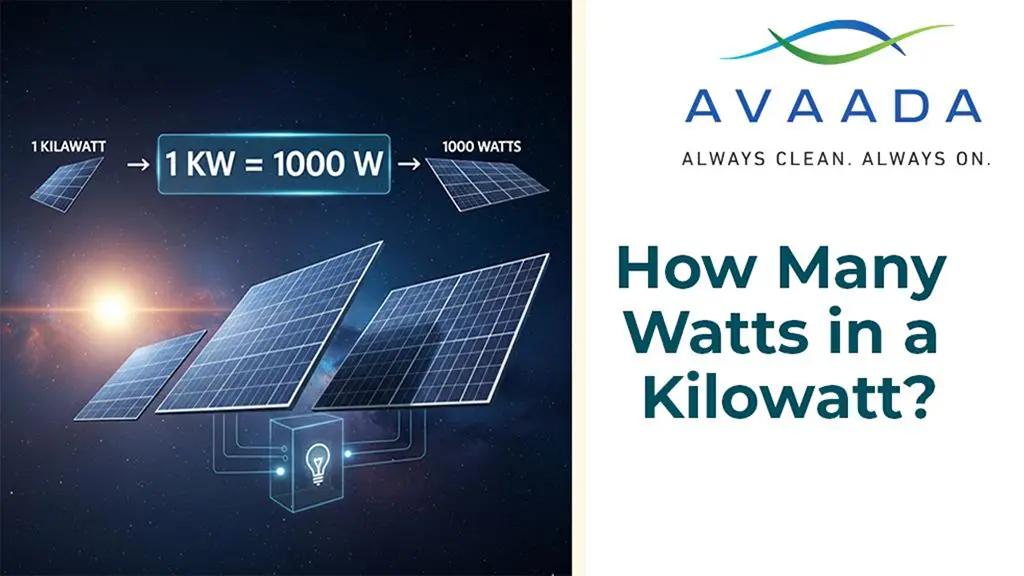The world is facing a rise in extreme weather occurrences, ranging from destructive hurricanes to raging heatwaves and record floods. Scientists attribute these catastrophes to climate change, mostly caused by fossil fuel carbon emissions. To battle these threats, widespread renewable energy implementation has become a vital measure. In India, firms such as Avaada Group and other leading renewable energy firms in India are leading the way to turn towards a more sustainable future.
The Climate Crisis and the Role of Renewable Energy
Cutting Carbon Emissions
One of the foremost advantages of utilizing renewable energy is the sharp fall in carbon dioxide (CO2) emissions. Organizations like Avaada Group, a top-performing name amongst the top 50 renewable energy companies in India, are significantly investing in wind and solar power projects. The projects substitute for carbon-based power sources, leading to a diminution in the overall carbon footprint.
Increasing Energy Security and Stability
With rising climate-induced disruptions, supply chains of fossil fuels are getting exposed. Extreme weather conditions have the potential to destroy infrastructure and stop production, causing energy deficits. By looking at renewable energy firms in Mumbai and India as a whole, we can achieve a decentralized and secure energy supply with less reliance on imported fuel.
Reducing the Effects of Heatwaves and Increased Temperatures
India is experiencing increasingly harsh heat waves that affect public health and productivity. Fossil fuel overconsumption leads to the urban heat island effect. Solar power projects like those implemented by leading renewable energy firms in India can contribute to decreased overall temperatures by limiting the demand for traditional electricity production and encouraging green urban spaces.
Learn about Trends in solar cables and connectors
Enhancing Air Quality
Air pollution is a huge problem in urban areas such as Mumbai, Delhi, and Kolkata, with the burning of fossil fuels being a major cause. We can shift to clean energy sources by investing in renewable energy firms in Mumbai and other cities, lowering air pollution and related health hazards like respiratory illnesses and cardiovascular diseases.
Encouraging Sustainable Economic Development
The development of renewable energy is not only good for the environment but also for the economy. Corporates such as Avaada Group and other leading 50 renewable energy players in India are generating thousands of solar and wind energy jobs. The shift facilitates the development of a green economy by decreasing dependency on polluting sectors and enabling sustainable economic development.
Government Policies and Support for Renewable Energy
India has fixed aggressive goals to develop 500 GW of non-fossil fuel-based capacity by 2030, which is in line with its commitments to the Paris Agreement. Initiatives like the Production Linked Incentive (PLI) program for solar production, rooftop solar installation subsidies, and renewable purchase obligations (RPOs) are giving a boost to clean energy usage.
Moreover, the contribution of India’s leading renewable energy firms towards catalysing this change is vital. They are investing in new-age technologies, battery storage services, and green hydrogen initiatives to ensure the reliability and efficiency of renewable energy.
Explore our blog on Why Weather Data is Crucial for Solar PV System Construction and Operation
Conclusion
A Call for Large-Scale Adoption
Large-scale renewable energy adoption is not only a choice but a requirement to combat ultra-high climate risks. Indian renewable energy companies, such as industry titans Avaada Group, are spearheading this movement. By investing in and patronising India’s best renewable energy companies, companies and individuals alike can make a difference to create a cleaner, healthier, and more resilient world.
While the world is struggling to come to terms with the consequences of climate change, India can take a leadership role. The more we adopt renewable energy at scale, the better prepared we will be for managing climate risks and building a sustainable world for generations to come.









